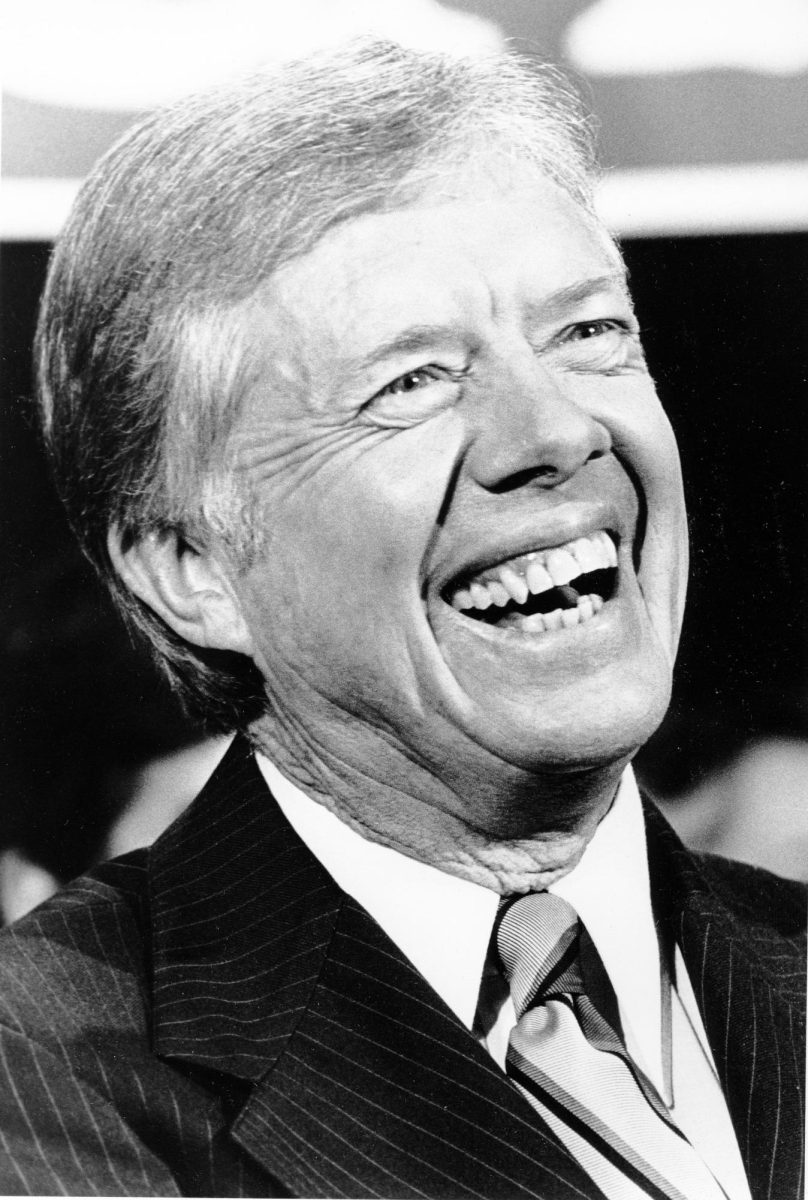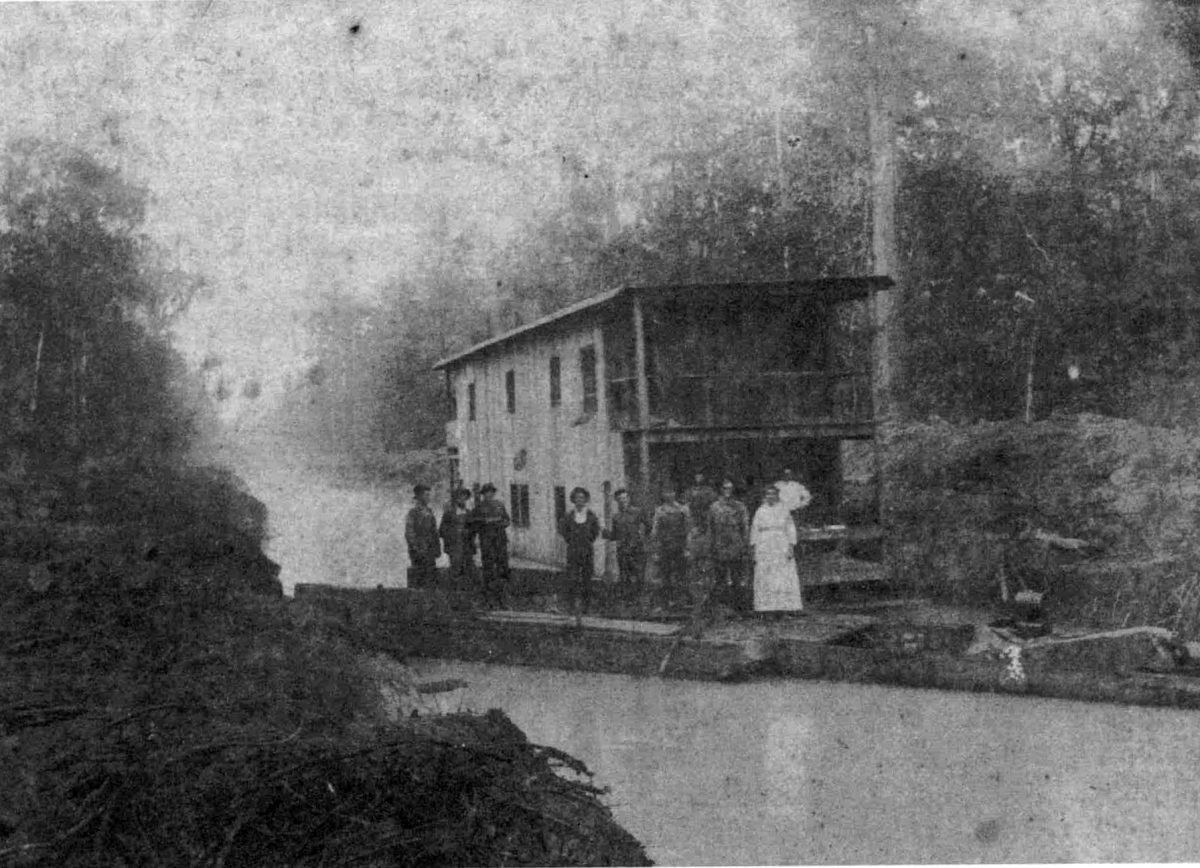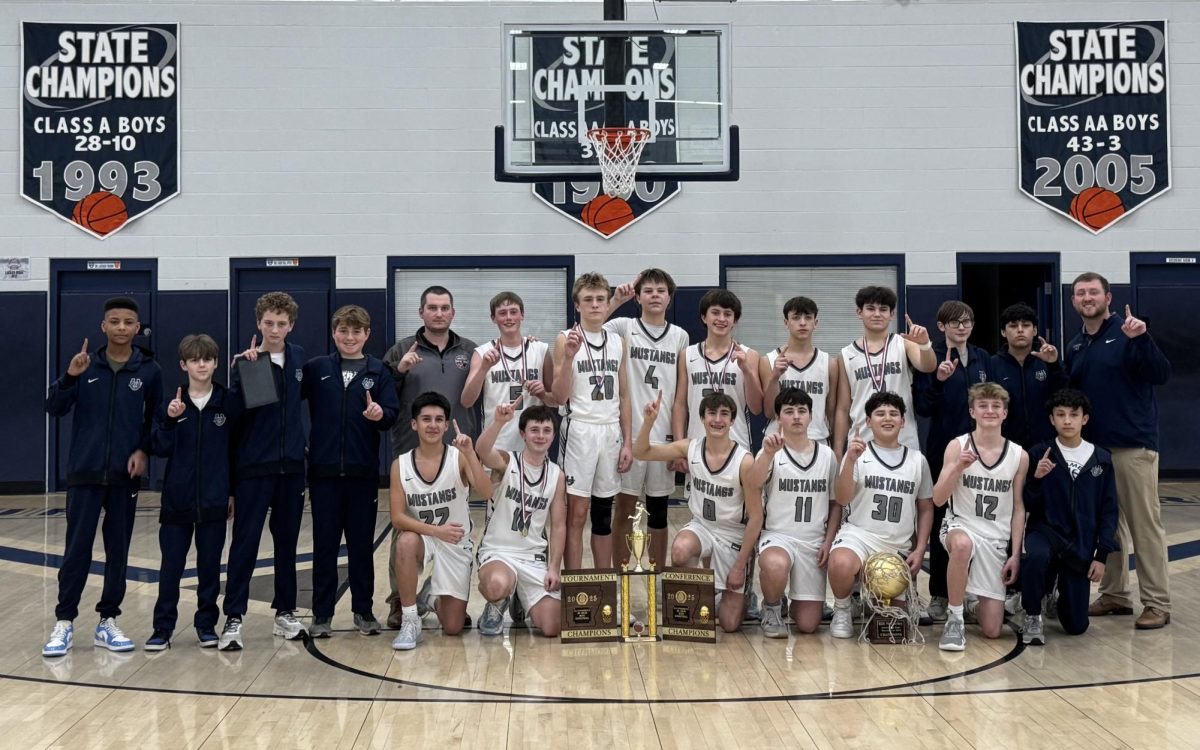In recent, regretful news, former President James Earl Carter Jr. passed away at the remarkable age of 100. He will be remembered as a kind and compassionate person with a strong desire to help those in need. Although he wasn’t the stereotypical president one may learn about in school, it is clear that from his deeds before, during, and after his presidency that he was greatly under appreciated.
Prior to his presidency, Carter graduated from the Naval Academy in Annapolis, Maryland and served as a naval officer for seven years. Just a few years after he entered the world of politics, he was elected Governor of Georgia in 1971. He stood out from the herd of southern governors at the time by stressing the importance of tearing down racial barriers and strengthening the efficiency of the government. His beliefs were in contrast to many other political figures of his time.
Near the end of his first term as governor in 1974, Carter announced his candidacy for President of the United States. He gained a lot of momentum overtime, having been nominated as the Democratic candidate on the first ballot. He won the 1976 presidential election against Gerald R. Ford by 56 electoral votes, winning many southern and northern states alike. This win could be due to his expressed passion for serving the American people and desire to help those at the bottom of the metaphorical social ladder.
During his presidency, Carter worked diligently to fight inflation and soothe the ever-growing unemployment rate. These efforts resulted in a whopping approximately eight million jobs created and a decrease in the budget deficit. However, many of his pursuits to combat the poor economic state of America at the time were unsuccessful, some even causing a brief recession. He also worked to improve the nation’s energy crisis and conserve natural gases to improve the environment. Some of his more profound deeds as president include establishing the Department of Education, nearly eradicating Guinea worm disease, brokering peace between Egypt and Israel, and advancing human rights overall.
Even due to these achievements, his failings in handling inflation and diplomacy with foreign adversaries led to his landslide defeat in the 1980 presidential election, handing over the mantle to a more notable president, Ronald Reagan. However, Carter’s legacy certainly does not end there. For several years after his loss, Carter dedicated himself to aiding humanitarian causes such as Habitat for Humanity, where he helped build houses for underprivileged Americans. In 2002, he would be rewarded with the Nobel Peace Prize for his work in mediating peace between nations and championing human rights issues both during and after his presidency.
Former President Jimmy Carter, despite his arguable failings as a president, was truly an extraordinary person. His work in soothing the woes of the environment, underprivileged Americans, and those victimized by harmful social beliefs was truly revolutionary. Carter has earned the title of one of the best former presidents that the United States has ever had. His words will always be remembered, “Failure is a reality; we all fail at times, and it’s painful when we do. But it’s better to fail while striving for something wonderful, challenging, adventurous, and uncertain than to say, ‘I don’t want to try because I may not succeed completely.’”













